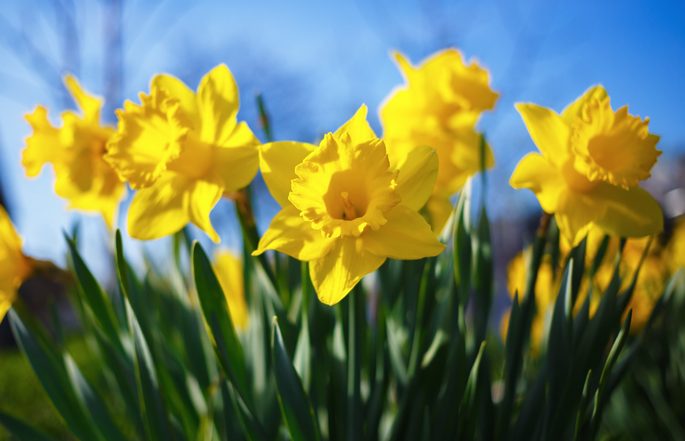An international look at the pandemic response.
I am the first board certified woman in emergency medicine in Iran — graduated in 2008. I am an associate professor of emergency medicine in Mashhad University of medical sciences. Mashhad is the largest city of Iran, after Tehran. Our hospital is the largest academic hospital in the east of Iran, now challenged with the COVID-19 crisis.
It is near the end of an unusual shift in the emergency department. We have just stopped resuscitative efforts on a young man who was brought in with acute respiratory distress a few hours ago. People are packing the new triage and waiting area, designated for the patients with respiratory complaints or other flu-like symptoms. The Covid-19 panic has caused people to rush to the ED. I pass through the side door of the ED and enter the ambulance bay. I pull my mask down. What a relief! The scent of the spring hangs on the air. Nowruz, the Persian New Year is coming in a week, but the atmosphere is different from every year before.
Coronavirus has changed everything and Iran actually has become the epicenter for it in the Middle East. Delays in informing about COVID-19 and a lack of transparency about figures has led to many frontline medical workers being exposed to the virus. Several emergency medicine physicians are already infected.
I called a friend from residency to ask about a colleague who has been in critical condition for several days. He is gone, my friend replied, crying at the other side of the line.
How many lives it is going to claim? How many colleagues we are going to lose? Why do I suddenly feel so empty inside? I remember the words of John Donne: “Every man’s death diminishes me, because I am involved in mankind.”
I walked back to the ED, fixing my mask on my face again. I work my way through the crowd to the area where two EM residents are visiting ambulatory patients with respiratory complaints. They both look tired, sweating in their new coveralls and trying to breathe through their N95 masks.
“Doctor!” I heard a voice behind me. I turned back and see an old gentleman carrying several small bouquets of narcissus in his arms. The flowers were tied off in white satin ribbons and a card attached with the message: “You are my hero.” I remembered him as he was in the ED this morning with his daughter, a young woman in the middle of her first pregnancy.
She felt dyspnea and was panicked about the potential of the Coronavirus. We performed a thorough assessment, even a lung ultrasound, and sent them home with reassurance. “I want to thank you for standing on the frontlines and caring for all of us,” he added with a note of compassion in his voice. I took the flowers and thanked him, trying to find my voice through the lump of emotion in my throat and tears in my eyes.
Perhaps he asked himself: “Why so much excitement for some flowers?” and perhaps he doesn’t guess that we are not used to receiving flowers from our patients or being appreciated for our care in the most critical moments.
Now, in the time of recent crisis, EM physicians are looked upon as advocates for the public health. We have always been frontline physicians, prepared to provide care 24 hours a day, seven days a week and rarely experience gratitude. We have seen it as a privilege to live with our patients on the razor’s edge of life and death.
The Covid-19 crisis will come to an end sooner or later, but EM physicians will remain in the frontlines of health service with just as much commitment and enthusiasm as ever.








